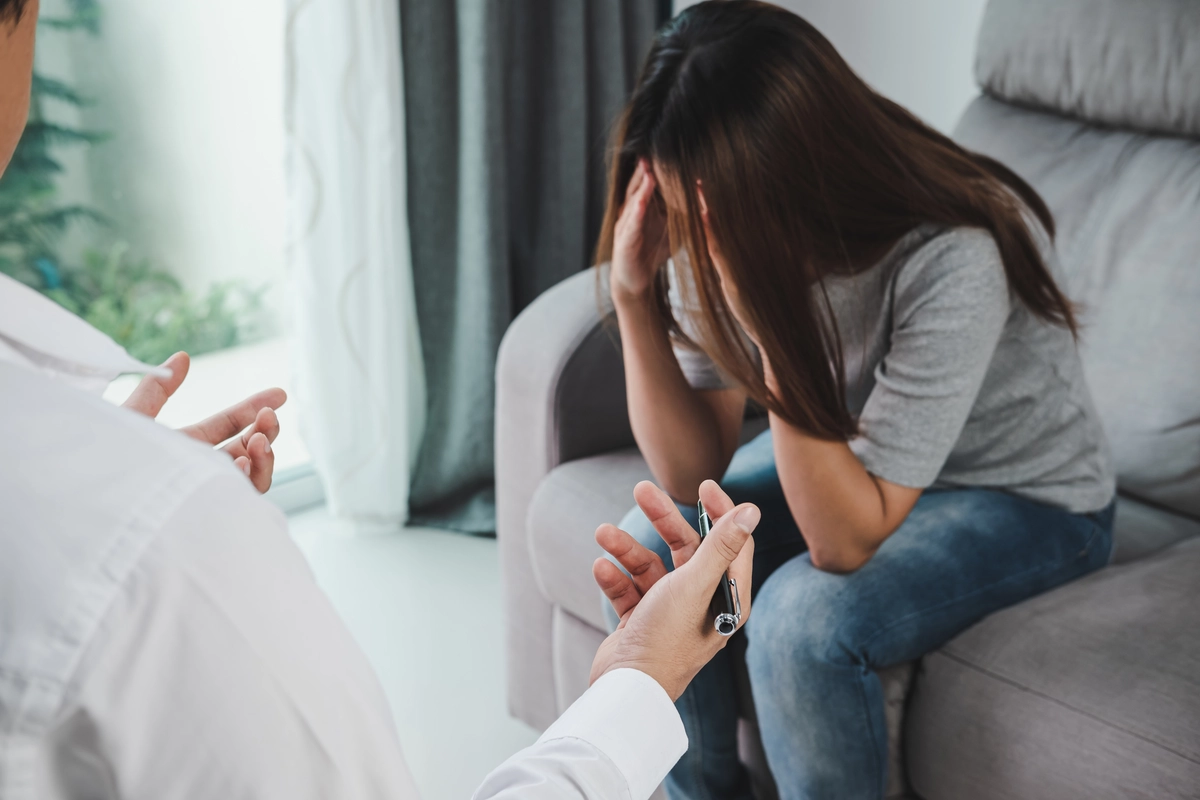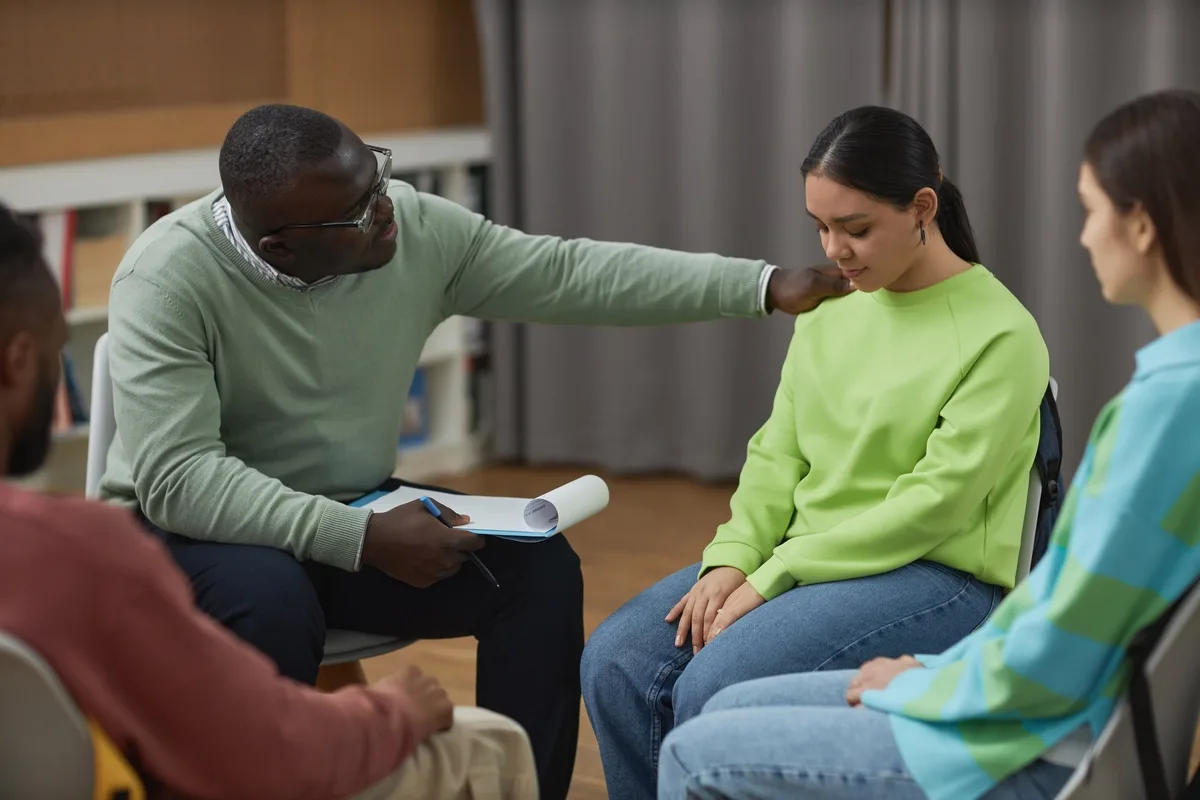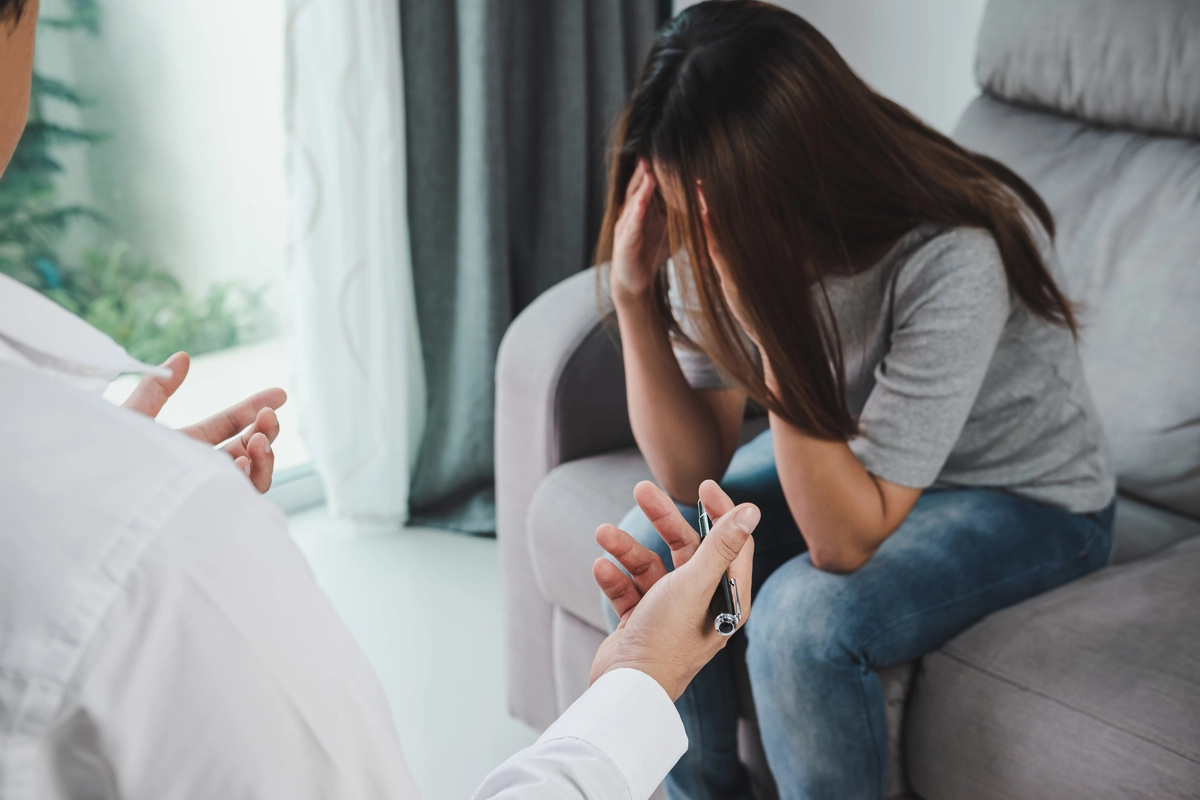24/7 Helpline:
(866) 899-111424/7 Helpline:
(866) 899-1114
Learn more about Codeine Rehab centers in Russiaville
Codeine Rehab in Other Cities

Other Insurance Options

Highmark

UnitedHealth Group

Evernorth

CareSource

Group Health Incorporated

UMR

Meritain

Ambetter

Magellan

Horizon Healthcare Service

BlueCross

American Behavioral

Oxford

MVP Healthcare

CareFirst

PHCS Network

Private insurance

Kaiser Permanente

Aetna

Health Net









The Gilead House
The Gilead House is a Non-Profit rehab center located in Indianapolis, IN. The Gilead House speciali...

Four County Counseling Center
4C Health Solutions is a dual diagnosis behavioral health treatment center located in Kokomo, IN. Wi...

First City Recovery Center
Freedom is within reach at First City Recovery Center. Based out of Kokomo, Indiana, FCRC offers a f...

Community Howard Behavioral Health Services
Community Howard Behavioral Health Services offers the complete realm of behavioral care to treat th...






























AA – Alcoholics Anonymous
AA – Alcoholics Anonymous is a private rehab located in Kokomo, Indiana. AA – Alcoholics Anonymous s...







